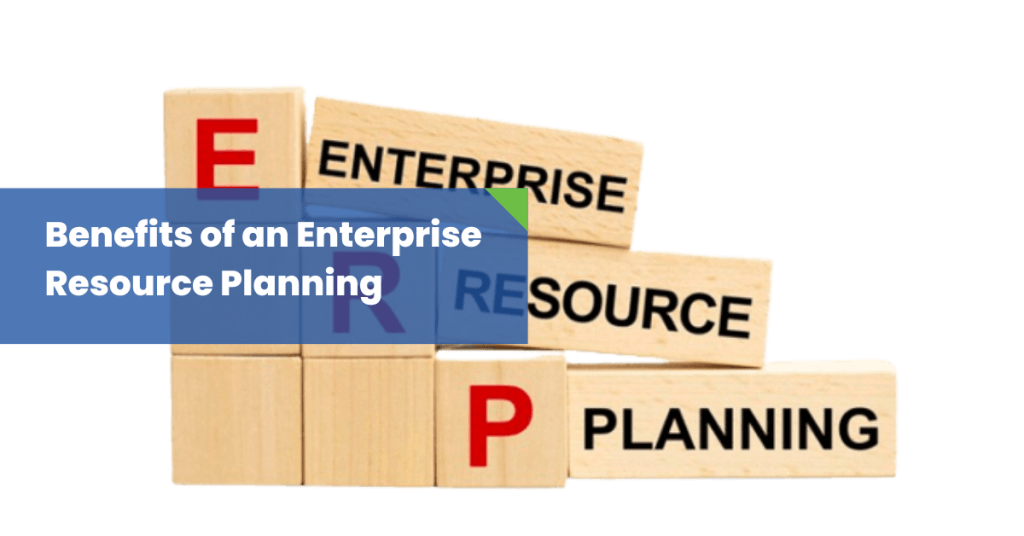The extensive feature sets of today’s ERP packages serve enterprises in numerous ways. Because it leads to genuine improvements, this software has been adopted by practically all businesses of a certain size. Although each company will view the value of this technology differently, the following are some important, all-encompassing benefits that ERP offers:
1. Cost savings: Cost savings. One of the major benefits of ERP systems is that they may help your business save money in a variety of ways. You can reduce errors and the requirement to hire more personnel at the same rate as business growth by automating numerous straightforward, repetitive processes. Cross-company visibility enables better resource allocation of all resources, including inventory, personnel, and equipment, and makes it simpler to identify inefficiencies that raise costs. And with cloud ERP, businesses might immediately realize additional value from the software beyond what they are already paying for.
2. Workflow visibility: Workflow transparency. Employees with access to the system can view the status of projects and the execution of various business processes that are pertinent to their tasks thanks to the centralization of all workflows and information. This visibility may be very useful for managers and leaders, and it is far quicker and simpler than looking for the appropriate documents and continually seeking updates from coworkers.
3. Reporting/analytics: Reporting/analytics. Data is only meaningful if businesses can evaluate and comprehend it, and an ERP aids in this process. Leading systems have remarkable reporting and analytics features that let users present whatever metrics or comparisons they can think of in addition to tracking KPIs. Due to its comprehensive nature, an ERP can assist a company in comprehending how a change or issue with a procedure in one department affects the corporation as a whole.
4. Business insights/intelligence: Business intelligence or insights. ERPs are able to access real-time data from many company departments, which allows these systems to identify important patterns and offer comprehensive business insights. Organizational leaders make better decisions as a result of having simple access to all pertinent facts.
5. Regulatory compliance & data security: Data security and compliance with regulations. An ERP can assist your business in remaining secure and in compliance with changing financial reporting standards, governmental data security rules, and industry-specific regulations. By recording the lifespan of each transaction, including adherence to necessary approval protocols, an ERP provides an audit trail. Automation can help businesses lower their risk of mistakes and associated compliance hiccups. SaaS systems are well-suited to assist businesses with PCI-DSS compliance, while ERP software offers financial reports that adhere to standards and regulations.
6. Risk management: Risk control. There are several ways that ERP technology lowers risk. Financial controls can be strengthened and fraud can be decreased with granular access control and well-defined approval routines. Additionally, more precise data prevents errors that can result in missed sales or fines. Finally, having access to the operation’s overall status enables staff to respond promptly to hazards brought on by interruptions in activity.
7. Data security: Data protection. ERP suppliers take the required precautions to protect the security of your system because they are aware that it contains important and sensitive data. Due diligence is now more crucial than ever due to the volume and size of cyberattacks. Modern security methods are used, in particular, by vendor-managed cloud ERP software, to make sure your business is protected from damaging attacks.
8. Collaboration: When workers collaborate, they are most productive. Information like purchase orders, contracts, and customer support records may be easily shared between teams thanks to ERP solutions. By allowing employees proper access to current data on connected business operations, it breaks through departmental barriers.
9. Scalability: Scalability. The ideal ERP system will be adaptable and scalable enough to satisfy your business’s needs both now and in the near future. In particular, cloud systems adapt to both modest and significant operational changes as the volume of data the company collects and access requests grow.
10. Flexibility: Flexibility. ERP software offers the flexibility to accommodate specialized procedures and goals while also assisting firms in adhering to best practices. Administrators can design company-specific procedures and generate automatic reports that are crucial to various departments and executives using the system. An ERP fosters innovation and creativity inside your company.
11. Customization: Customization. Although the majority of organizations find that current ERPs support their operations “out of the box,” other businesses need to supplement the robust built-in features. If you have a lot of specific procedures, seek a system that is extendable so that your integrator or IT team may develop code to add the required capabilities or link with custom or outdated solutions. The prebuilt features and configurations that current ERP packages provide are based on best practices acquired from thousands of enterprises, so before choosing the custom way, take a good look at your operations. Reduce the amount of customization.
12. Customer & partner management: Management of partners and customers. Relationships with partners and customers can be improved with an ERP. With the help of the cloud, information interchange is made even better and more practical. It may offer insights into suppliers, transportation companies, and service providers. The technology may track customer survey replies, support tickets, refunds, and more so that the business can keep an eye on customer satisfaction levels.











